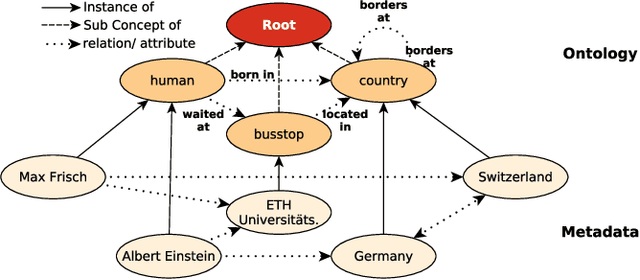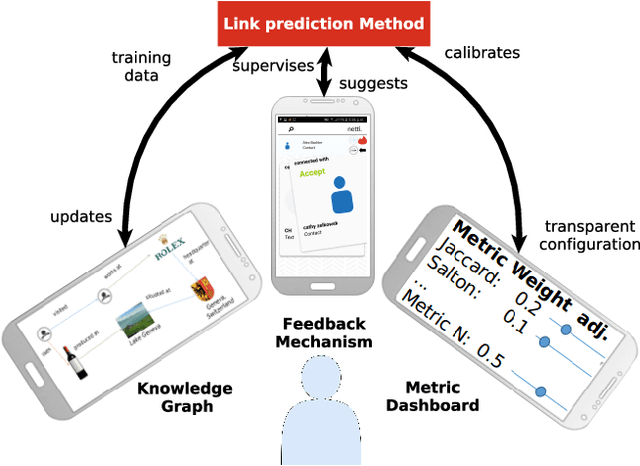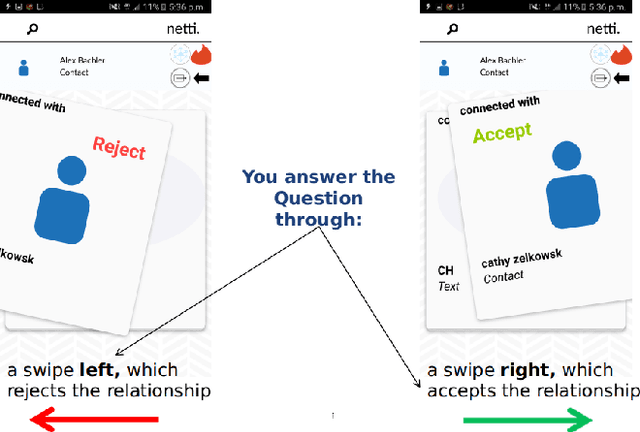Mark Christopher Ballandies
Collective Privacy Recovery: Data-sharing Coordination via Decentralized Artificial Intelligence
Jan 15, 2023Abstract:Collective privacy loss becomes a colossal problem, an emergency for personal freedoms and democracy. But, are we prepared to handle personal data as scarce resource and collectively share data under the doctrine: as little as possible, as much as necessary? We hypothesize a significant privacy recovery if a population of individuals, the data collective, coordinates to share minimum data for running online services with the required quality. Here we show how to automate and scale-up complex collective arrangements for privacy recovery using decentralized artificial intelligence. For this, we compare for first time attitudinal, intrinsic, rewarded and coordinated data sharing in a rigorous living-lab experiment of high realism involving >27,000 data-sharing choices. Using causal inference and cluster analysis, we differentiate criteria predicting privacy and five key data-sharing behaviors. Strikingly, data-sharing coordination proves to be a win-win for all: remarkable privacy recovery for people with evident costs reduction for service providers.
Mobile Link Prediction: Automated Creation and Crowd-sourced Validation of Knowledge Graphs
Jun 30, 2020



Abstract:Building trustworthy knowledge graphs for cyber-physical social systems (CPSS) is a challenge. In particular, current approaches relying on human experts have limited scalability, while automated approaches are often not accountable to users resulting in knowledge graphs of questionable quality. This paper introduces a novel pervasive knowledge graph builder that brings together automation, experts' and crowd-sourced citizens' knowledge. The knowledge graph grows via automated link predictions using genetic programming that are validated by humans for improving transparency and calibrating accuracy. The knowledge graph builder is designed for pervasive devices such as smartphones and preserves privacy by localizing all computations. The accuracy, practicality, and usability of the knowledge graph builder is evaluated in a real-world social experiment that involves a smartphone implementation and a Smart City application scenario. The proposed knowledge graph building methodology outperforms the baseline method in terms of accuracy while demonstrating its efficient calculations on smartphones and the feasibility of the pervasive human supervision process in terms of high interactions throughput. These findings promise new opportunities to crowd-source and operate pervasive reasoning systems for cyber-physical social systems in Smart Cities.
 Add to Chrome
Add to Chrome Add to Firefox
Add to Firefox Add to Edge
Add to Edge